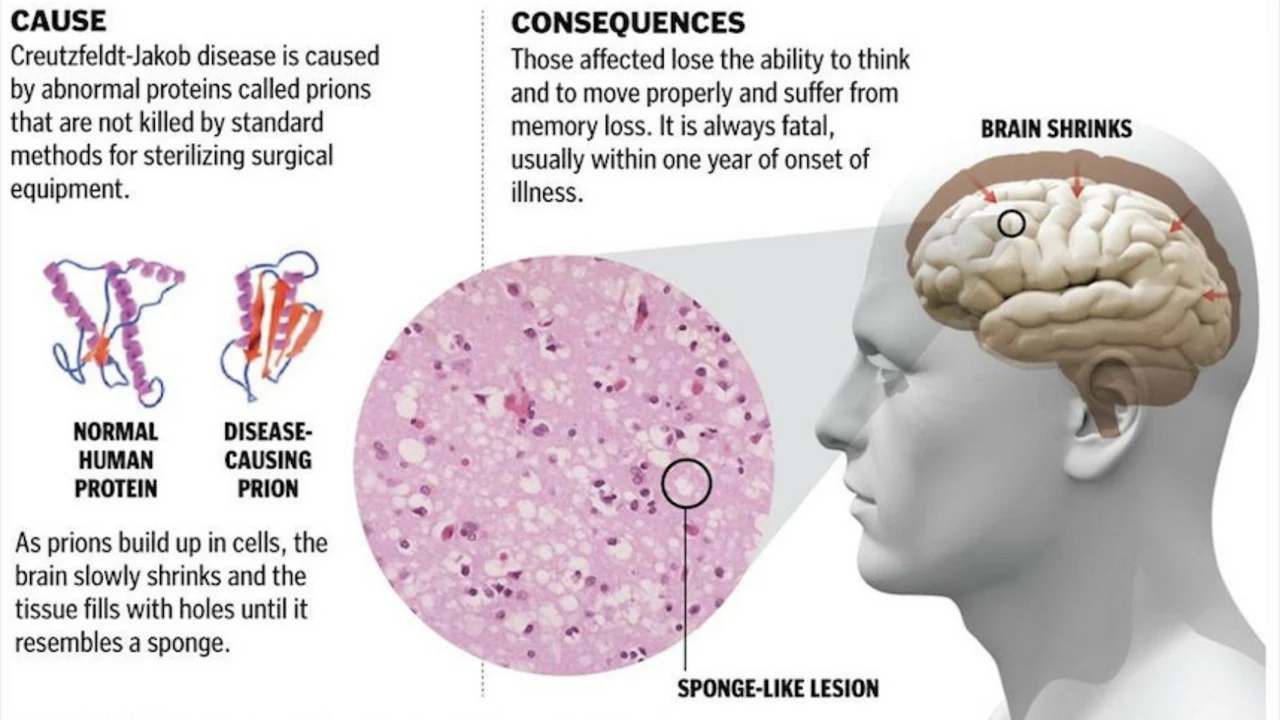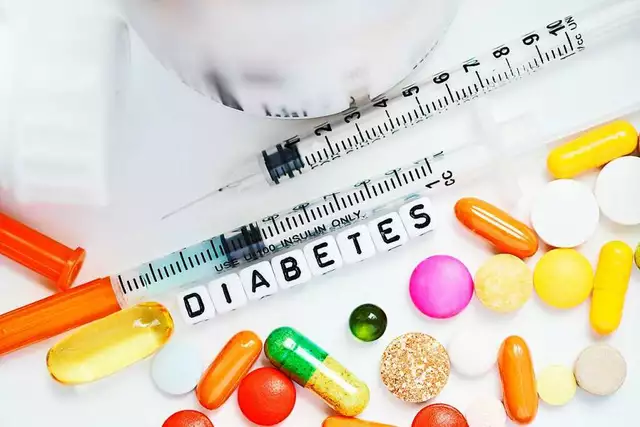Understanding Medicines, Treatments, and Drug Info
Medications do more than one thing. They treat symptoms, change body chemistry, and sometimes cause side effects you didn’t expect. If you want to make smarter choices about drugs like Hyzaar, Celebrex, Celexa, or Vermox, start with clear, practical steps you can use right away.
How to read drug info without getting lost
Look at four key things on any medicine page or label: what it’s for, how to take it, common side effects, and serious warnings. For example, Hyzaar is used for blood pressure—check dosage and signs of low blood pressure. Celexa (citalopram) lists dizziness and sleep changes; know that stopping suddenly can cause withdrawal symptoms. For topical meds like tretinoin, notice application instructions and sun sensitivity. Read the active ingredient, not just the brand name, so you can spot alternatives.
Drug interactions matter. Herbal supplements like St. John’s wort can change how antidepressants work. Antacids can affect drug absorption. Ask: could any of my supplements or OTC meds change this prescription? Your pharmacist can run a quick interaction check if you list everything you take.
Practical safety steps for everyday use and online buying
Buying meds online? Pick pharmacies that need a prescription, show a physical address, and use secure checkout. If a site offers prescription-only drugs without asking for a prescription, that’s a red flag. Keep packaging and batch numbers until you’re sure the medicine works and causes no problems.
Watch for these warning signs after starting a new drug: rash, difficulty breathing, severe stomach pain, fainting, or sudden mood changes. For milder issues—nausea, mild headache, or sleep change—check the leaflet and call your prescriber if it lasts more than a few days or gets worse. Don’t double doses if you miss one; follow the exact advice on the label or ask a pharmacist.
Looking for alternatives? Good reasons include side effects, cost, or interactions. For infections, there are multiple antibiotic options; for pain, different NSAIDs or non-drug strategies may work. Bring a concise list of symptoms, health conditions, and current meds to your appointment to make the switch smoother.
One more tip: keep a simple medication list on your phone—drug name, dose, why you take it, and the prescriber. That helps ER staff, new doctors, and even pharmacists when you ask about interactions. Understanding medications doesn’t require medical school—just steady habits: read, ask, watch, and report. That approach keeps choices smart and safer every day.




